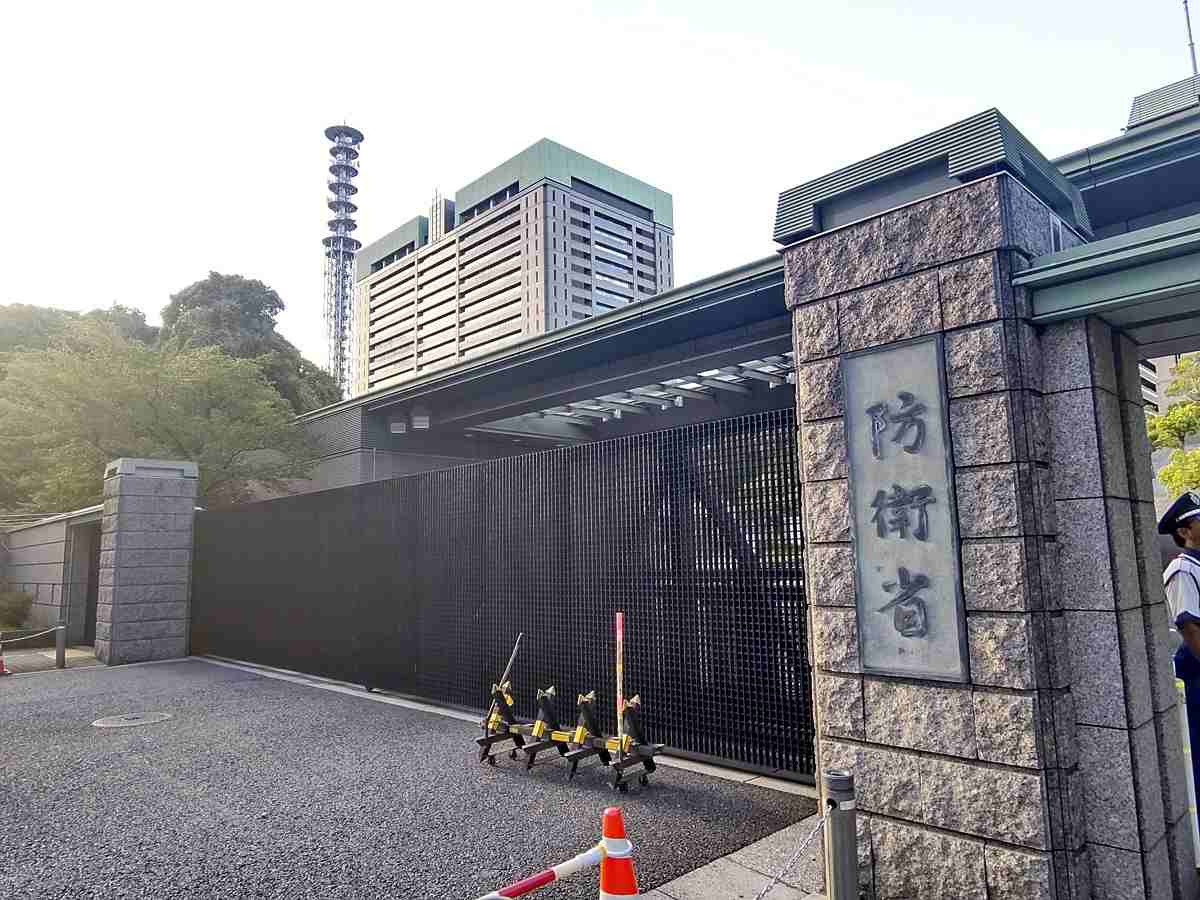Japan Defense Ministry, SDF Scandals Rattle Ruling Party; Impact on Efforts to Increase Defense Spending Feared

The Defense Ministry head office in Shinjuku Ward, Tokyo
20:00 JST, July 11, 2024
Multiple scandals involving the Defense Ministry and the Self-Defense Forces are fueling concern in the ruling Liberal Democratic Party as these issues may impact the debate over boosting the country’s defense capabilities and raising taxes to secure fiscal resources.
Some said the scandals may develop into calls for Defense Minister Minoru Kihara to resign to take responsibility. The government and the LDP are set to expedite efforts to clarify the problems and take measures to prevent their recurrence.
Ministry acknowledges allegations
“We’ve witnessed one scandal after another, more than we’ve ever experienced before. I really wonder what’s going on,” former Defense Minister Itsunori Onodera, who heads the LDP’s Research Commission on Security, said Wednesday at the beginning of a joint meeting of the commission and the party’s National Defense Division.
The Defense Ministry announced Friday that it would conduct a special defense inspection into allegations that Kawasaki Heavy Industries Ltd. gave money and goods to Maritime Self-Defense Force members and entertained them with food and drinks over submarine repair contracts.
A number of incidents in which designated security secrets were mishandled have been discovered at the MSDF. In addition, some MSDF divers are suspected of fraudulently receiving allowances provided for diving missions as a result of making false claims. Some defense bureaucrats are also suspected of abusing their power over subordinates.
Koichiro Nakajima, director general of the defense minister’s Secretariat, acknowledged all the allegations. The ministry plans to announce punishments for various incidents of misconduct as early as Friday.
Wary of scandals expanding
Kawasaki Heavy Industries and Mitsubishi Heavy Industries, Ltd. are the only companies that produce submarines in Japan. The ministry therefore revealed on Wednesday that Mitsubishi Heavy Industries will also be subject to the special defense ispecttion.
“Please make sure whether there has been similar misconduct in connection with vessels other than submarines,” Onodera said, apparently wary that the scandals would expand further.
The government plans to increase defense spending from fiscal 2023 to a total of ¥43 trillion over five years in response to Japan’s increasingly severe security environment. It plans to increase income taxes and other taxes in stages by fiscal 2027 as part of measures to secure the necessary financial resources.
“It’s a grave problem if such irregularities have taken place while we’re asking taxpayers to share the burden,” said a lawmaker who attended the meeting.
In 2017, then Defense Minister Tomomi Inada was forced to resign to take responsibility over a scandal involving daily reports on the Ground Self-Defense Force’s U.N. peacekeeping operations in South Sudan.
“This is a truly extraordinary situation. Unless something is done immediately, it will complicate matters further,” said a former defense minister from the LDP.
¥130 billion left unused
Chief Cabinet Secretary Yoshimasa Hayashi told reporters on Wednesday that out of about ¥6.8219 trillion in defense funding appropriated in the fiscal 2023 budget, about ¥130 billion is expected to be returned to state coffers unused.
The amount will be the second largest following the figure in fiscal 2011, which resulted from the impact of the Great East Japan Earthquake. The smaller-than-projected spending for fiscal 2023 was attributed to procurement costs for defense equipment that were smaller than estimates and reduced personnel costs for SDF personnel’s wages and food, as the number of newly recruited SDF members dwindled to a record low.
Top Articles in Politics
-

Japan PM Takaichi’s Cabinet Resigns en Masse
-

Sanae Takaichi Elected Prime Minister of Japan; Keeps All Cabinet Appointees from Previous Term
-

Japan’s Govt to Submit Road Map for Growth Strategy in March, PM Takaichi to Announce in Upcoming Policy Speech
-

LDP Wins Historic Landslide Victory
-

LDP Wins Landslide Victory, Secures Single-party Majority; Ruling Coalition with JIP Poised to Secure Over 300 seats (UPDATE 1)
JN ACCESS RANKING
-

Japan PM Takaichi’s Cabinet Resigns en Masse
-

Japan Institute to Use Domestic Commercial Optical Lattice Clock to Set Japan Standard Time
-

Israeli Ambassador to Japan Speaks about Japan’s Role in the Reconstruction of Gaza
-

Man Infected with Measles Reportedly Dined at Restaurant in Tokyo Station
-

Videos Plagiarized, Reposted with False Subtitles Claiming ‘Ryukyu Belongs to China’; Anti-China False Information Also Posted in Japan






















